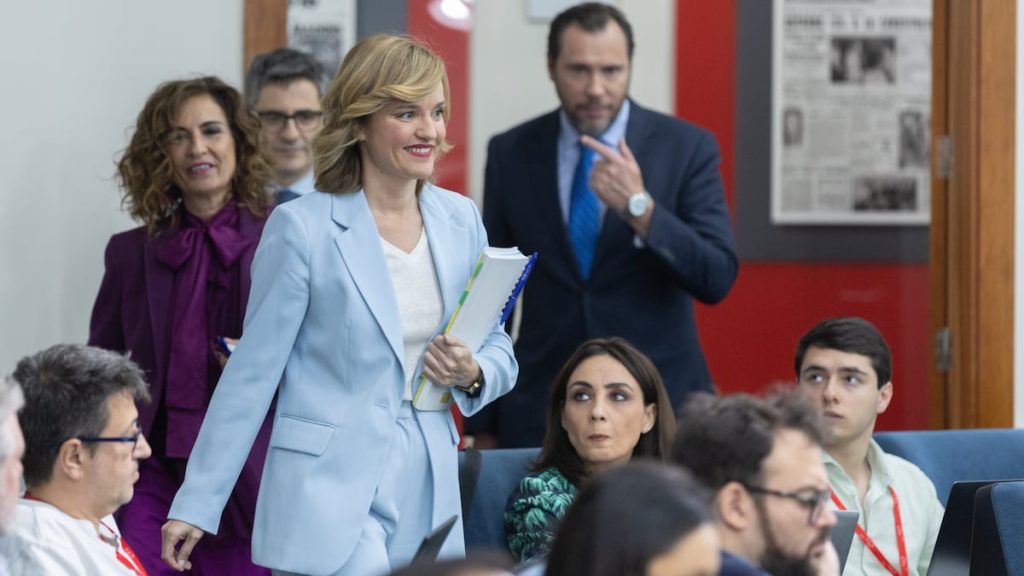Pedro Sánchez is facing a challenging situation as his wife, Begoña Gómez, has been called to testify as a suspect in a case of influence peddling. In response, the Spanish Prime Minister has chosen to address the issue head-on in a new letter to the public, stating that he will not resign in the face of this development. Sánchez believes that this is a deliberate attempt by the opposition to influence the upcoming elections and is calling on progressives to mobilize against what he sees as a smear campaign orchestrated by right-wing groups. Despite his frustration with the timing of the announcement, Sánchez and his wife remain confident in their innocence and dismiss the accusations as a baseless attack.
The decision by the judge to summon Begoña Gómez just days before the European elections has raised eyebrows within the government, with some members privately expressing anger at what they perceive as a politically motivated move. While publicly maintaining a more restrained posture, government spokesperson Pilar Alegría has indicated the administration’s surprise at the timing of the announcement and their belief that the case will ultimately amount to nothing. The government is wary of directly confronting the judiciary but has made clear its suspicions regarding the motivations behind the investigation.
The controversy surrounding the case has introduced a new element into the final stretch of the election campaign, potentially shifting the focus away from other issues that had been benefiting the Socialist party’s prospects. The opposition, particularly the Popular Party, is seeking to exploit the situation to their advantage. However, some government members believe that the judge’s actions may actually galvanize left-leaning voters and improve the prospects for the progressive bloc in the elections. The true impact of this development on the election outcome remains uncertain at this point, with parties awaiting internal polling data to gauge the potential repercussions.
The timing of the judge’s decision has been criticized for its perceived lack of procedural logic, with some questioning the judge’s motive for announcing the summons before completing the necessary investigative steps. Despite the lack of evidence implicating Begoña Gómez in any wrongdoing, the situation has created a cloud of uncertainty that both the government and the opposition are seeking to navigate in the final days of the campaign. The government’s response reflects a delicate balance between respecting the rule of law and defending itself against what it sees as a politically motivated attack.
As the election approaches, both sides are mobilizing their supporters and seeking to capitalize on the uncertainty created by the latest developments. While the government is confident in its stance and is rallying progressives to resist what it perceives as a coordinated effort to undermine its credibility, the opposition is seizing the opportunity to sow doubt and capitalize on the controversy surrounding Begoña Gómez. The outcome of the elections will depend on how voters interpret these events and whether they ultimately choose to rally behind the government or turn towards the opposition in response to the ongoing turmoil.


